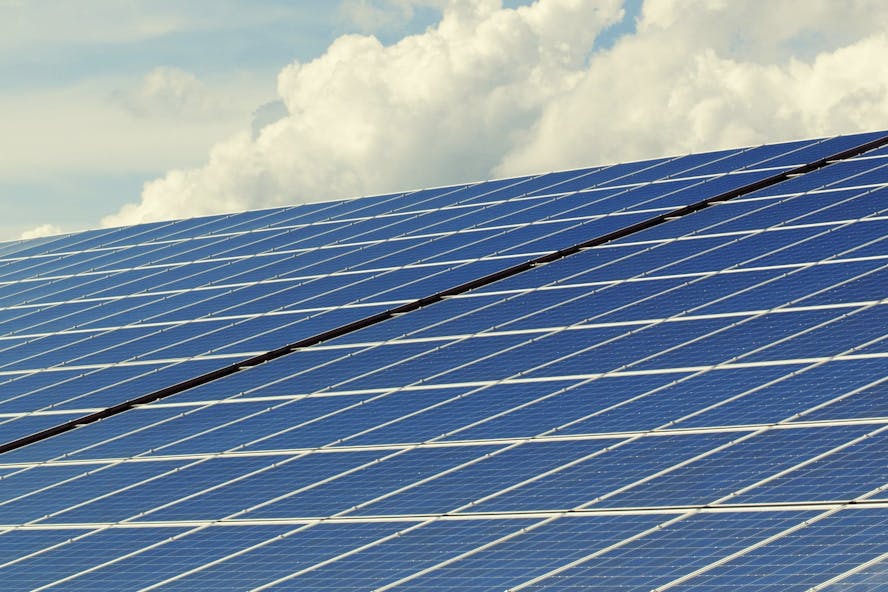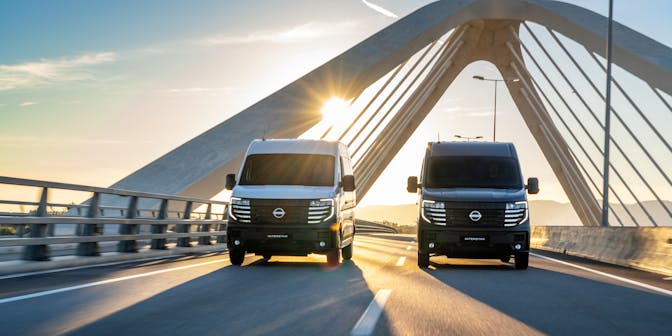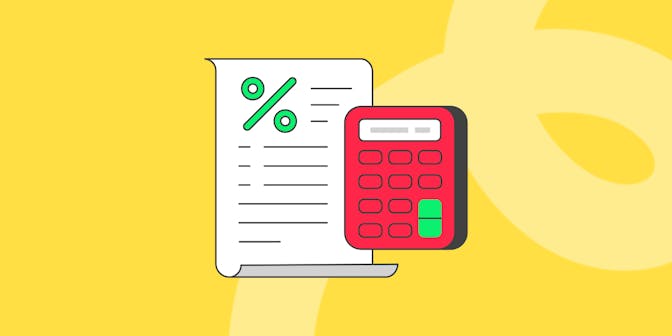Solar panels for your business: what are the advantages and disadvantages of solar panels?
As a business, you’re likely looking at new and innovative ways to be greener and reduce your carbon footprint. The energy you use day-to-day is a huge factor in any green strategy, meaning more and more businesses are thinking about solar panels and solar energy. But is it a good investment and what are the benefits of solar panels?
In this guide we’re focusing on the reasons why solar panels make sense and any disadvantages to be aware of too.
Advantages of solar panels
There are many factors why solar panels are beneficial for businesses and the environment, including:
-
Renewable energy source
So, how do solar panels benefit the environment? Solar energy is a truly renewable energy source. It can be harnessed in all areas of the world and is available every day. We simply can’t run out of solar energy. It will be accessible as long as we have the sun – which is for the next five billion years at least according to science. Energy from the sun is also completely natural and doesn’t put any harmful gasses into the atmosphere.
-
Cuts electricity bills
As a business using commercial solar panels, this will likely cover most of your energy needs. Solar panels bring the potential to dramatically cut your energy bills whilst using the same amount of energy for your operation.
Not only will you save on your energy bills, you can also export surplus energy back to the grid through the Smart Export Guarantee (SEG). You can get paid for this too.
-
Reduces your carbon footprint
Simply opting for solar energy rather than energy powered by fossil fuels will reduce the carbon footprint of your business. This is key when considering the Streamlined Energy and Carbon Reporting (SECR) framework in the UK.
-
Easy to install
Solar panels can easily be installed on the roof of your business premises in just a couple of days – you’ll quickly be up and running with your solar system. Just remember, the angle and tilt of your roof will have an impact on their effectiveness so it’s important to get the optimal position. Flat roofs are ideal.
-
Low maintenance costs
A solar energy system doesn’t need a lot of maintenance. It’s just a case of keeping your panels relatively clean – they just need this a couple of times a year too. Plus, there are specialised cleaning companies that will do this for you.
Often you’ll get a 20-25 year warranty with solar panels as well.
As there are no moving parts, there’s little wear and tear with solar panels. The one part that may need replacing after around five to 10 years is the inverter. Inverters continually work to convert solar energy into electricity and heat, so you’ll need to keep an eye on it. The cables will also need a little maintenance to ensure your system is running at maximum efficiency.
-
Technology development
The industry continues to evolve, with technology advancing year on year. Innovations in quantum physics and nanotechnology have the potential to massively increase the effectiveness of solar panel systems. That means better energy usage and more environmental benefits moving forward.

Disadvantages of solar panels
Solar panels do have some disadvantages, namely.
-
Upfront costs
The upfront cost of getting solar panels fitted is quite high. This covers paying for the panels themselves as well as the inverter, batteries and wiring. You’ll also need to pay for the cost of installation too.
But as the technology improves and develops, it’s likely that the cost will come down.
-
Weather-dependent
Yes, solar energy can be collected on cloudy and rainy days, but its not the same as when the sun is shining. As solar panels are dependent on sunlight to effectively gather solar energy, a few cloudy and rainy day do have an effect on how efficient the system is.
It also can’t be collected at night.
-
Storage is expensive
If you want to use solar energy at night for example, you’ll need to store it in large batteries – otherwise you’ll need to use it straightaway. Batteries can be charged during the day so the energy is used at night, but the batteries themselves are expensive.
If you’re using solar energy for your business and you don’t want to fork out for batteries, it makes sense to use solar energy during the day and energy from the grid at night.
Fortunately, your energy demand is likely to be greater during the day when people are usually in the office.
-
Solar panels use a lot of space
The more electricity you need to produce, the more panels you require so you can collect as much sunlight as possible. You’ll need plenty of roof space to get your panels fitted, and must also consider obstacles like skylights and windows. If your office building has a large flat roof, it’s much better.
-
Aesthetics
This is more an issue for domestic properties, as some people don’t like the way solar panels look on their roof. As a business, we’re sure the benefits of solar panels far outweigh any aesthetic issues.
-
Pollution
Solar panels aren’t a completely clean environmental solution, although they are far better than non-renewable energy sources.
Transporting the panels and installing them is associated with greenhouse gas emissions, whilst some toxic materials and hazardous products are used during manufacturing.
Despite some disadvantages, solar panels make a lot of sense for your business. At DriveElectric, we’re passionate about helping businesses push towards a greener future. Get in touch with us to discuss your organisation and your green initiatives.
Our Expert Guides
6 surprising things you didn’t know about electric vans

Understanding Vehicle Excise Duty (VED) or "Road Tax" for EVs
How to save money on a new car with Salary Sacrifice
